
With many major business aviation destinations in the U.S. short on hangar space, and hundreds more aircraft entering the market every year, the FBO industry has been hard-pressed to keep up with demand.
(AIN online, Dec 4th, 2023)
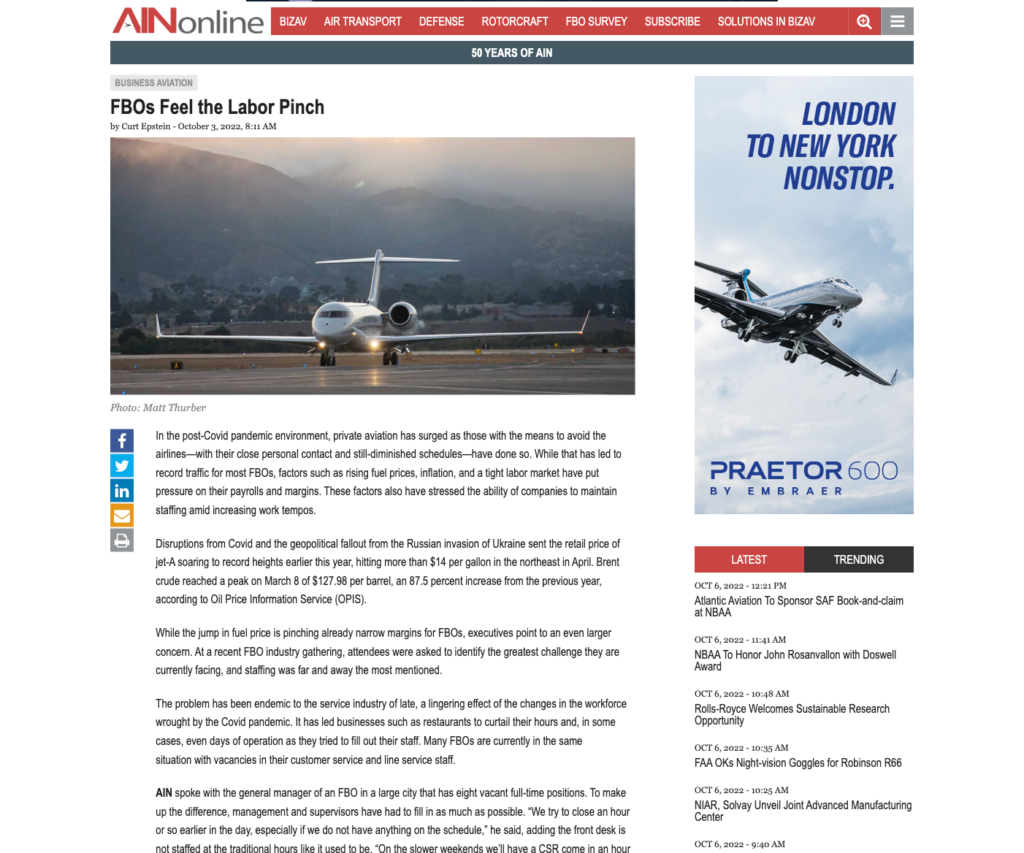
If you look across the entire spectrum of entry-level jobs, pre-Covid there used to be a fairly different differential between the person applying at a [fast-food restaurant] versus a person applying at an FBO
(AIN online, October 3rd, 2022)

“There have been two great waves in general aviation, and so much wealth was created during Covid that we may be starting to see the beginnings of a third shift,” he said. “The private sector is going absolutely gangbusters building hangars as quickly as possible.
(New York Times, March 29th, 2022)

In the Business & General Aviation (B&GA) industry, a consumer outcome is anything as simple as choosing an FBO from which to make a fuel purchase, to a multi-million-dollar purchase of a turbojet aircraft amongst competing OEMs. While both are transactions, business development means the relationship need not be transactional. (Airport Business Magazine, May-June 2021)

While the majority of business and general aviation traffic may be found among the Top 250 airports near major city centers, there are another 2,000 airports or more also offering FBO services, an outsized number of which are operated by an airport sponsor itself- be it a city, county, or municipality. As these public-sector FBOs become increasingly sophisticated, the line is blurring between airport-run FBOs and their private sector brethren. (Airport Business Magazine, April-May 2021)

While life after the pandemic will certainly bear a resemblance to life before, subtle changes will stay in place as a result of COVID-19 forever, just as they did after September 11th and the global financial crisis. (Airport Business Magazine, Jan-Feb 2021)
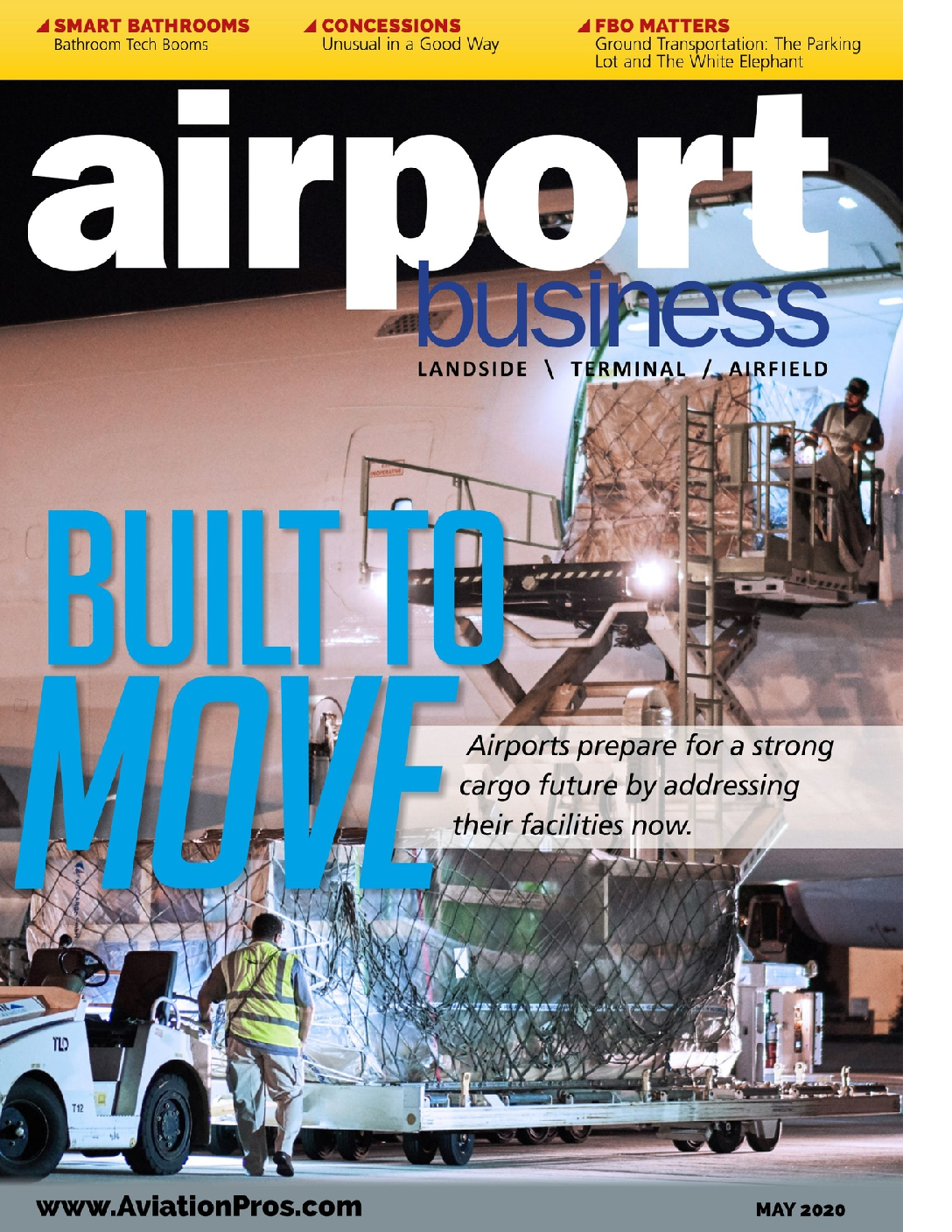
According to a JD Power report of 2019, while autonomous taxis may find commercial acceptance as early as 2025, by 2034, it is predicted some 10 percent of consumer vehicles will be self-driving. In a mere 10 to 15 years, a significant number of passenger vehicles will no longer need to park at the airport or FBO but will drive “home” instead – without their owner. How does that affect airports and FBOs? (Airport Business Magazine, May 2020)

In business, the consummation of a relationship between parties is usually, if not always, in the form of a contract. And, while legally binding contracts can be implied simply based on the actions of two parties, in its formal version, a contract takes written form. This notion is almost universally well-understood, regardless of industry. Yet, why is distilling an offer, the performance between parties, and the terms of payment for goods or services into written form so frightfully scary to many? (Airport Business Magazine, April 2020)
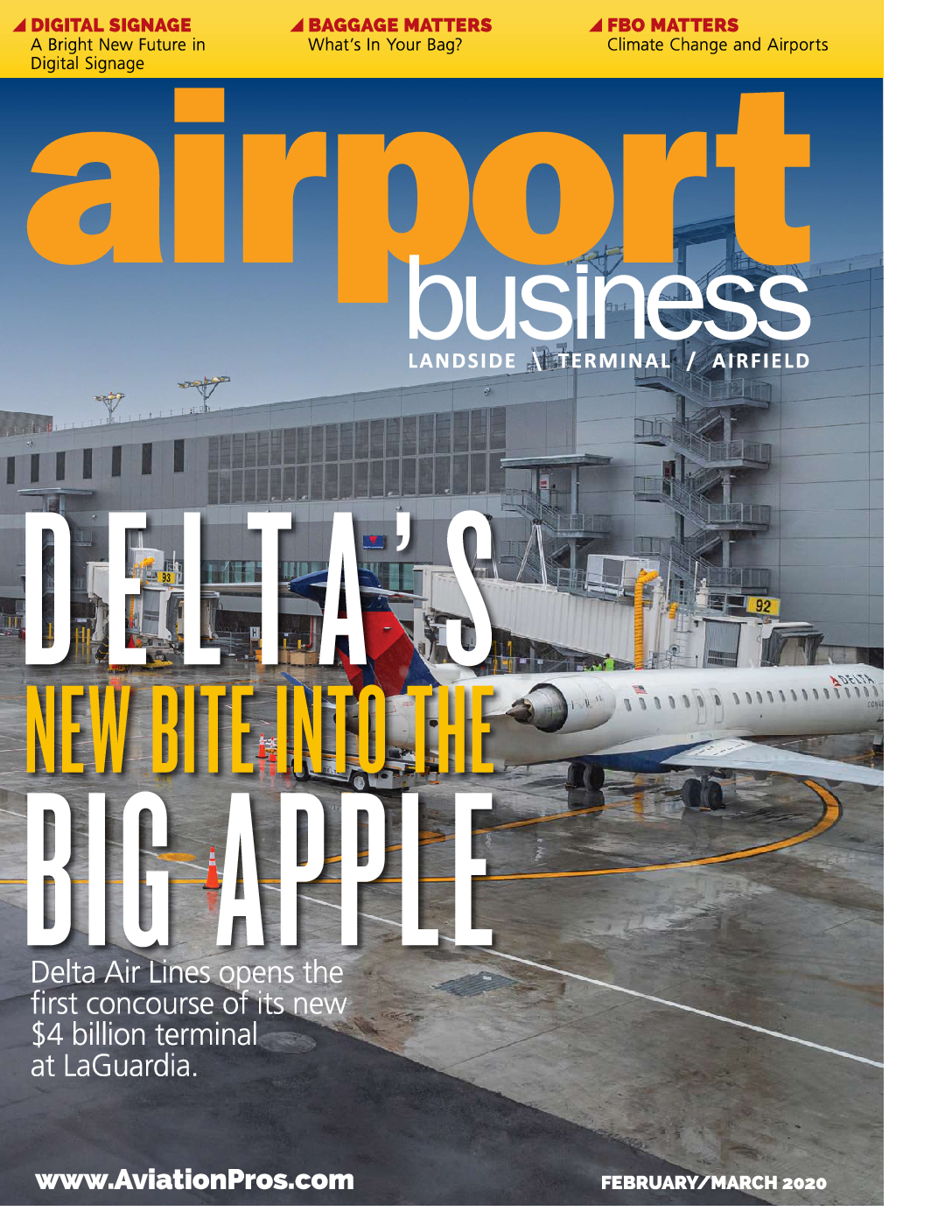
Coastal cities in the US are home to more than 450 airports and heliports with average field elevations below 10’ Mean Sea Level (MSL). Some 150 of those airports are below 5’ MSL. While the end of the 35-year lease term you’re about to sign may seem distant, if your coastal airport falls in the latter category, it may be completely erased by the ocean by that time, or will be subject to regular flooding rendering it unusable before the expiration of the lease term. What to do? (Airport Business Magazine, February/March 2020)

What should airports consider when negotiating with a prospective or renewing FBO tenant? And what should FBOs consider when negotiating with their airport? First, each party must be prepared to compromise and respect the knowledge, experience and limitations of the other. A cool head and an encyclopedic knowledge of regulations doesn’t hurt either. (Airport Business Magazine, December 2019/January 2020)
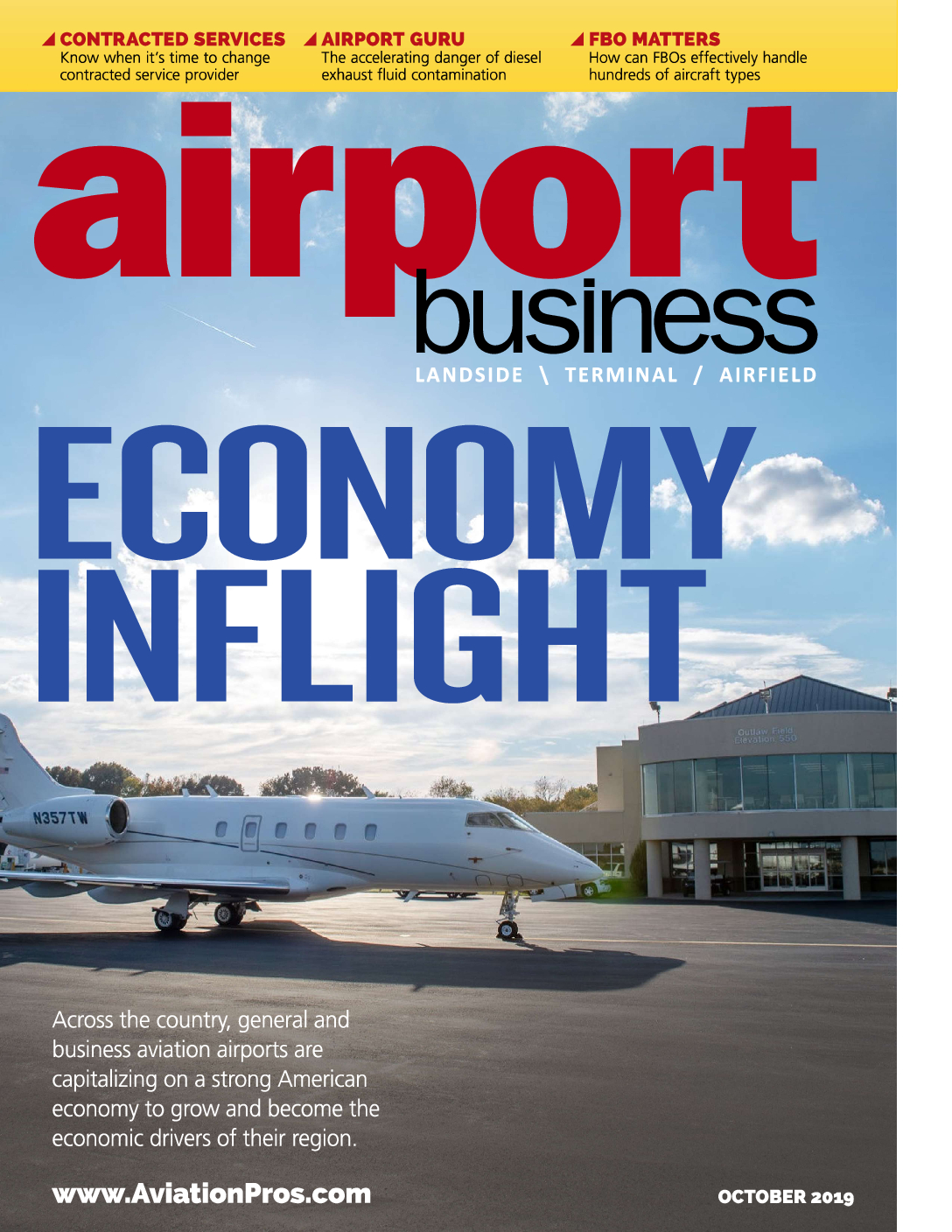
Unless providing factory-authorized maintenance for a given OEM, or playing host to an OEM’s event featuring an aircraft static display, there is simply no formal relationship in the industry between FBOs and OEMs. Against that backdrop, how can FBOs effectively handle hundreds of aircraft types when OEMs have no cause to engage with FBOs? Through tried-and-true third-party publications, coordination with new aircraft owners and the timeless question all FBO employees should be ready to ask, the FBO industry always finds a way. (Airport Business Magazine, October 2019)
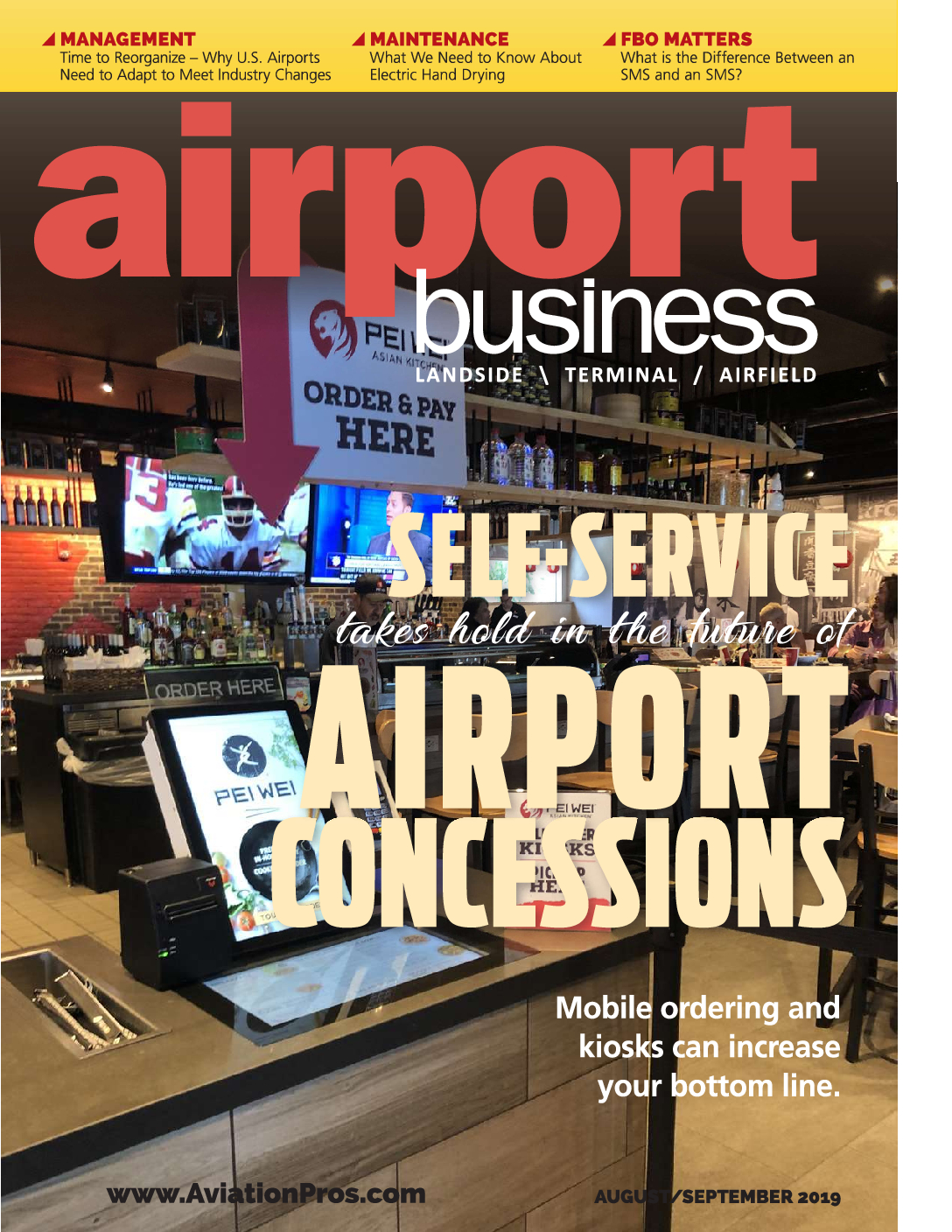
An organization with a true Safety Management System (SMS) demonstrates that managing risk and assuring a safe working environment are institutionalized into the corporate culture. This requires that the organization evolve beyond just “going through the motions” of assuring basic regulatory compliance to a more robust system of identifying, tracking, interpreting analyzing, and to use data to make decisions about risk mitigation and safety improvements. (Airport Business Magazine, August/September 2019)

BP’s Deepwater Horizon. United 3411. The Boeing 737MAX. All are examples of situations that escalated -not because of the magnitude of the underlying issue- but because of a ham-handed public relations response. In the aviation business, we have a duty to the travelling public to place safety of life above all else. When the unthinkable happens, we have an equal duty to be ready to provide a reassuring and accurate voice to affected families, employees, customers and the public. Yet, has our society become so litigious that we cannot sincerely apologize for a genuine mistake without causing additional liability for our company? (Airport Business Magazine, June-July 2019)
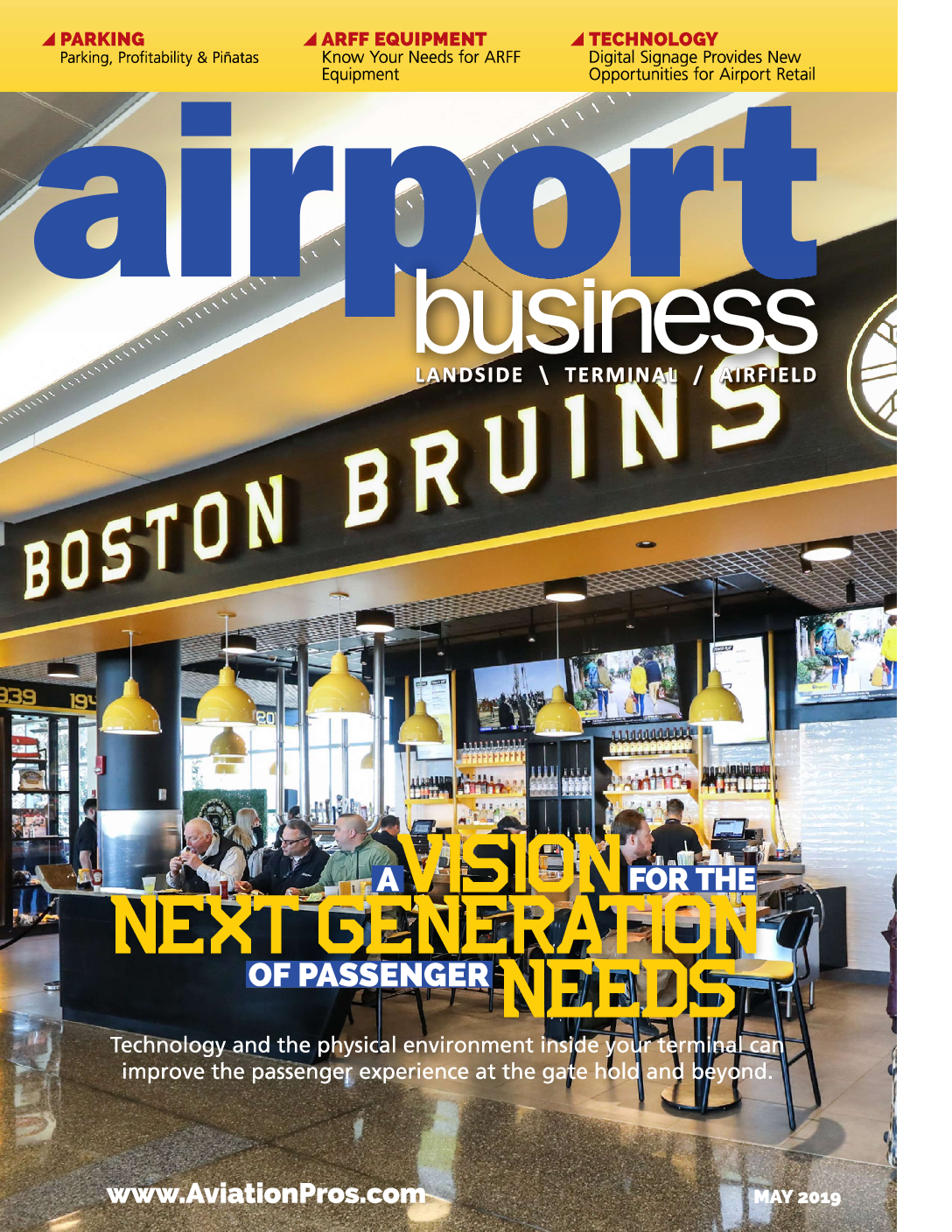
The proper implementation of an organizational safety system is enough of a challenge. Rather than adopt easy solutions, organizations tend towards procedural complexity where it is not needed. Yet, unnecessary complexity adds obstacles to efficacy, making the very process disincentivize employees from taking an active role in that nascent system. FBO Partners’ Patrick Moylan discusses the value of the advice “Simple is always best.” (Airport Business Magazine, May 2019)

The attraction and retention of customers today is a science, particularly in the online environment. Like it or not, complex algorithms track our every purchase, and potential upsells or other items- even by other retailers- are carefully curated and presented for our consumption. Whatever the cause, the rise of online consumerism has a blind spot, and a big one: When we interact in real-life with other humans as part of a transaction for those good or services, we humans become awfully unpredictable as consumers- because relationships matter in business. (Airport Business Magazine, April 2019)
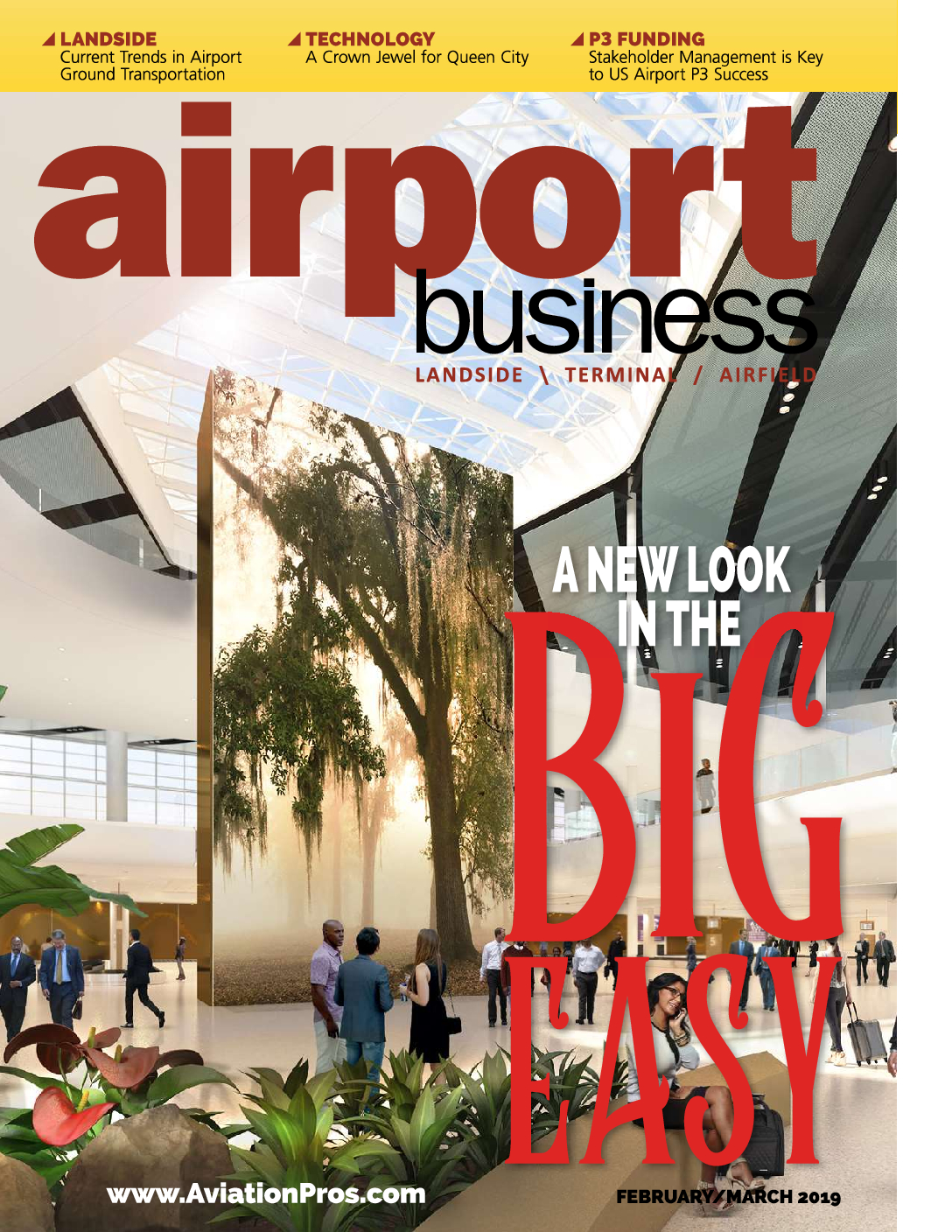
There’s an inside joke in the construction industry surrounding the word “building.” Unlike most -ing words in the English language which connote an ongoing action — such as running — the word building is unique. As the joke goes, once a building is complete, why isn’t it then called a built? Because, it’s never really done. The same is true of FBO buildings. Changes in technology, customer needs, competition and the regulatory environment means FBOs too, must constantly evolve. For an FBO owner then, what considerations should be made before undertaking a facility upgrade or update? (Airport Business Magazine, Feb-Mar 2019)
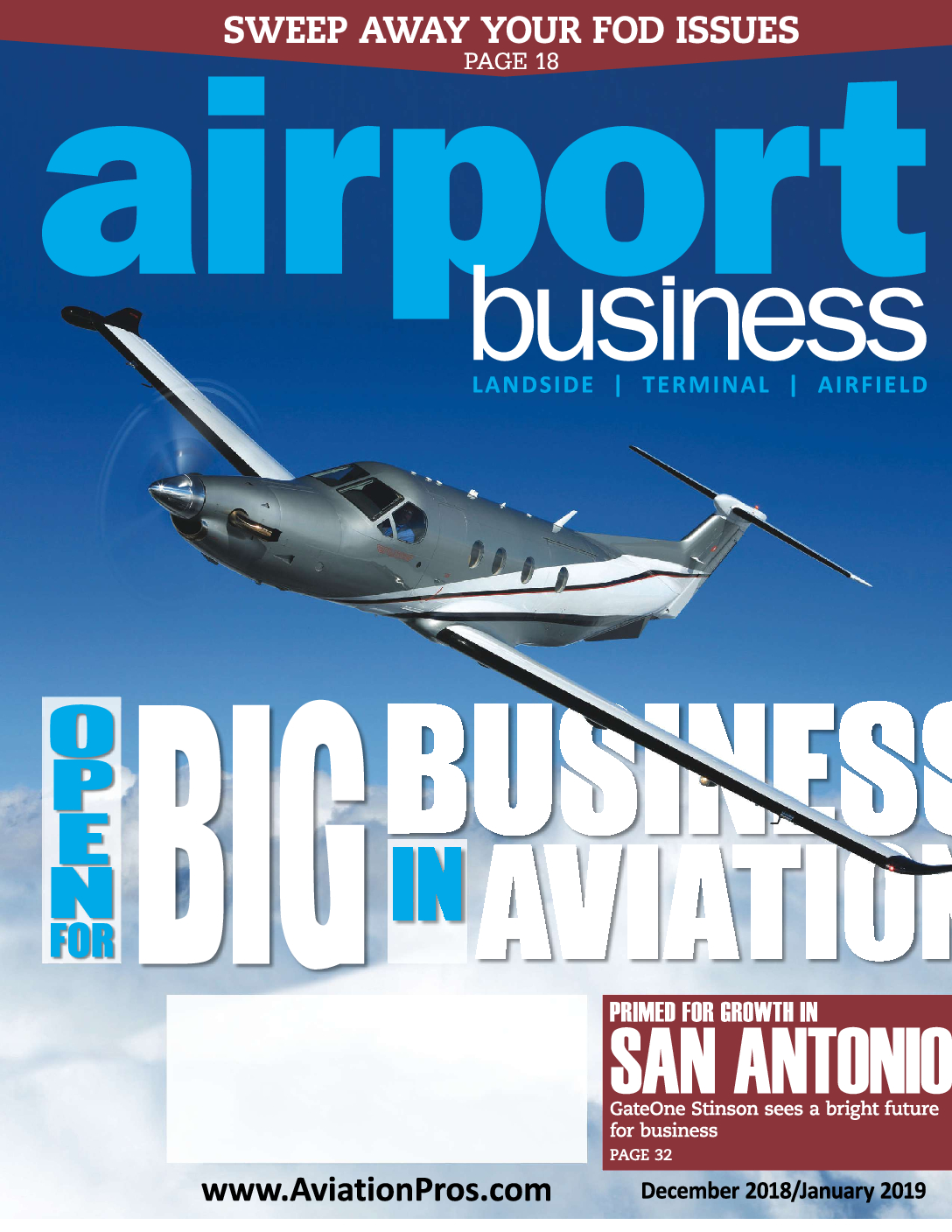
While the notion of “if you build it, they will come” made for a great cinematic experience for baseball aficionados of the late 80s- it’s the wrong mindset for justifying a hangar development project. In fact, approaching those first steps with an attitude that a new hangar shouldn’t be built, ensures the right decision is made when the analysis to proceed- not gut instinct- indicates the timing is right. (Airport Business Magazine, January 2019)
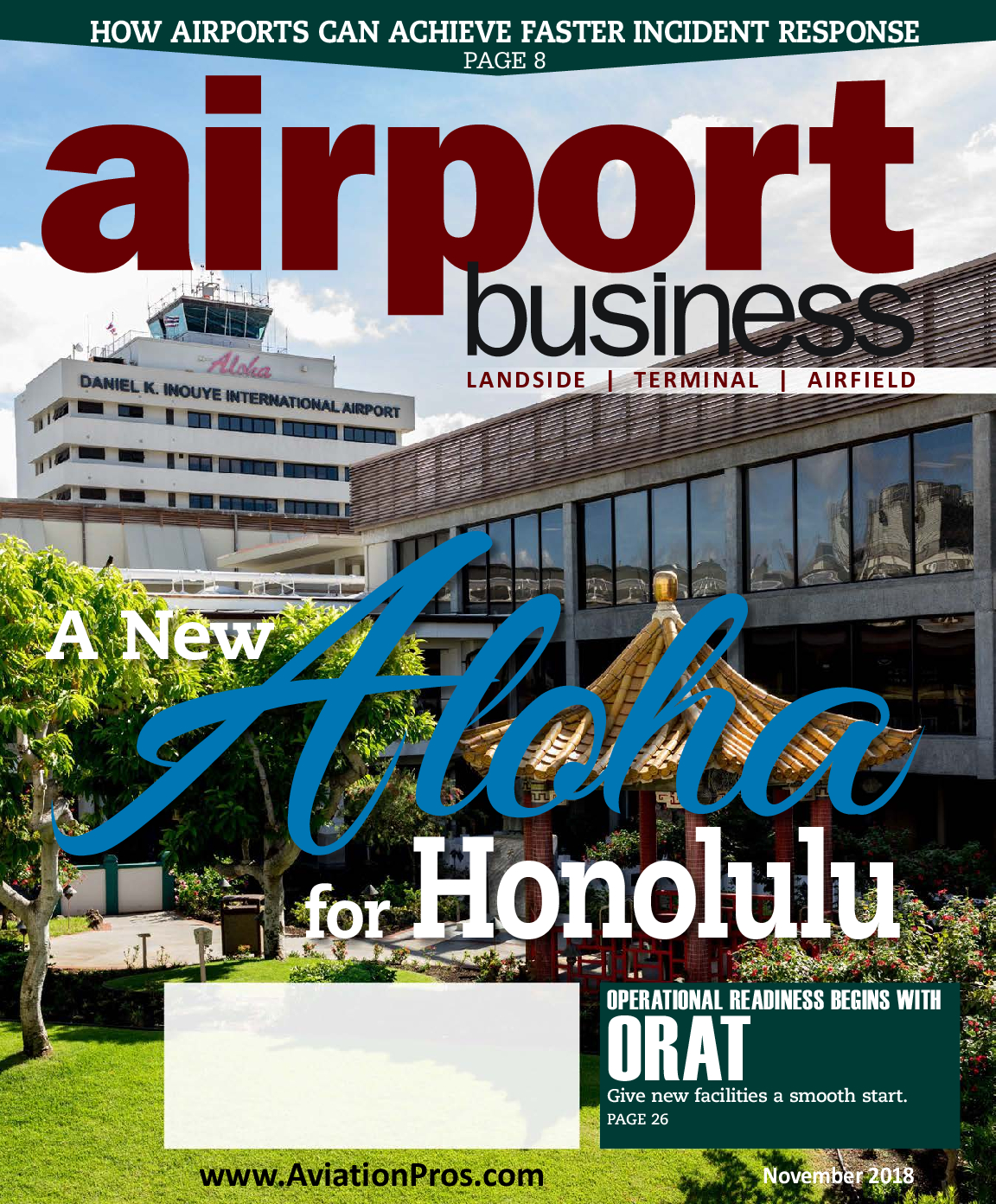
There remains no clear, industry-recognized path to the FBO general manager’s seat. Coupled with record low unemployment in the US, a failure to develop front-line employees has turned a brewing generational storm into a monster; one that has impacted FBOs across the country in the form of a shortage of qualified managers. Yet, employee development is easier than you think. The ability to teach exists in every human being, regardless of age or experience. It involves a mere willingness to try — to communicate what we know well to another. (Airport Business Magazine, November 2018)
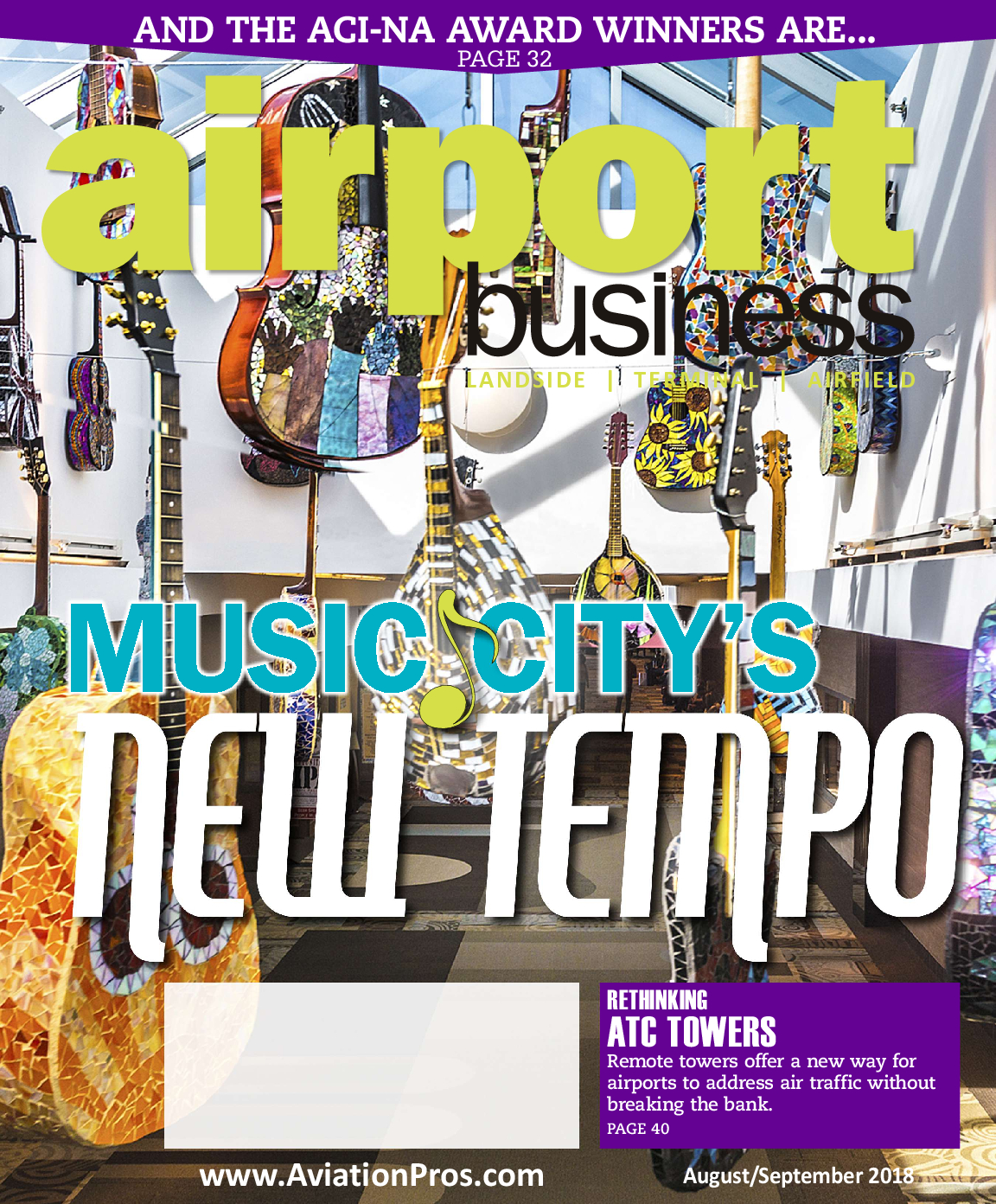
With a roaring economy, slightly rising-but-still-low interest rates, and continued growth in business aviation, a number of FBOs are in some stage of considering a hangar development project today. Perhaps existing hangars have been full for years, and the time just seems right to build another. Whatever the driver, the planning, design, and construction of a new hangar- or hangars- is a serious financial undertaking for an FBO, and not one to be taken lightly. In this series, we’ll explore just a few of the steps a wise FBO should consider well before they’ve planned the grand opening celebration of their to-be-built hangar. (Airport Business Magazine, August-September 2018)

FBOs are facing a leadership gap of epic proportions, and it’s about to get much worse. Contextualized, the leadership gap in the FBO industry is the lack of qualified applicants for the General Manager (GM) role across the country, as well as those for second tier supporting roles such as assistant general managers, station managers, line managers, and the like. In the next few years it won’t be a lack of interested private equity firms that stymies FBO industry growth. It will be a lack of available leaders to run these newly acquired businesses. (Professional Pilot Magazine, July 2018)
